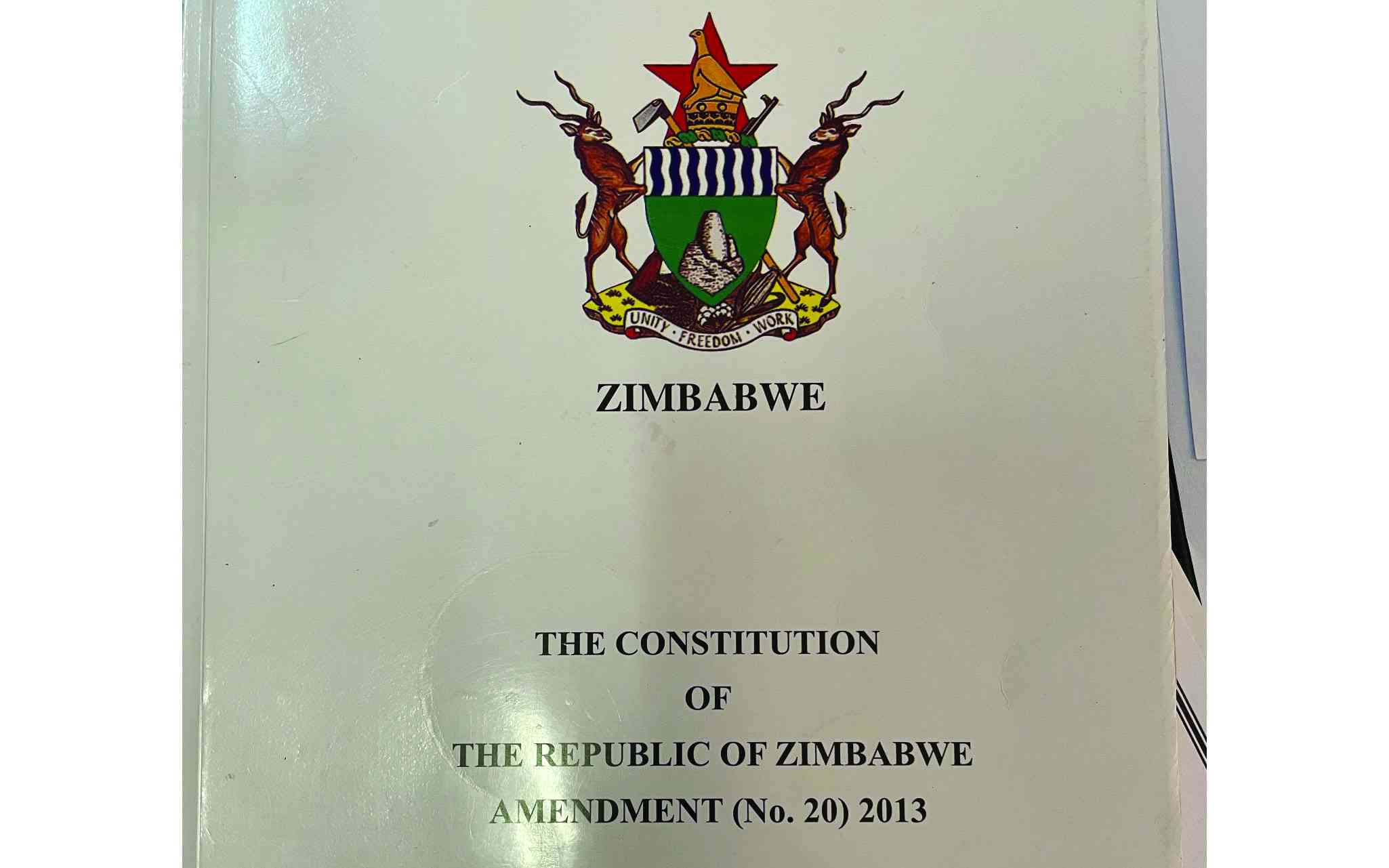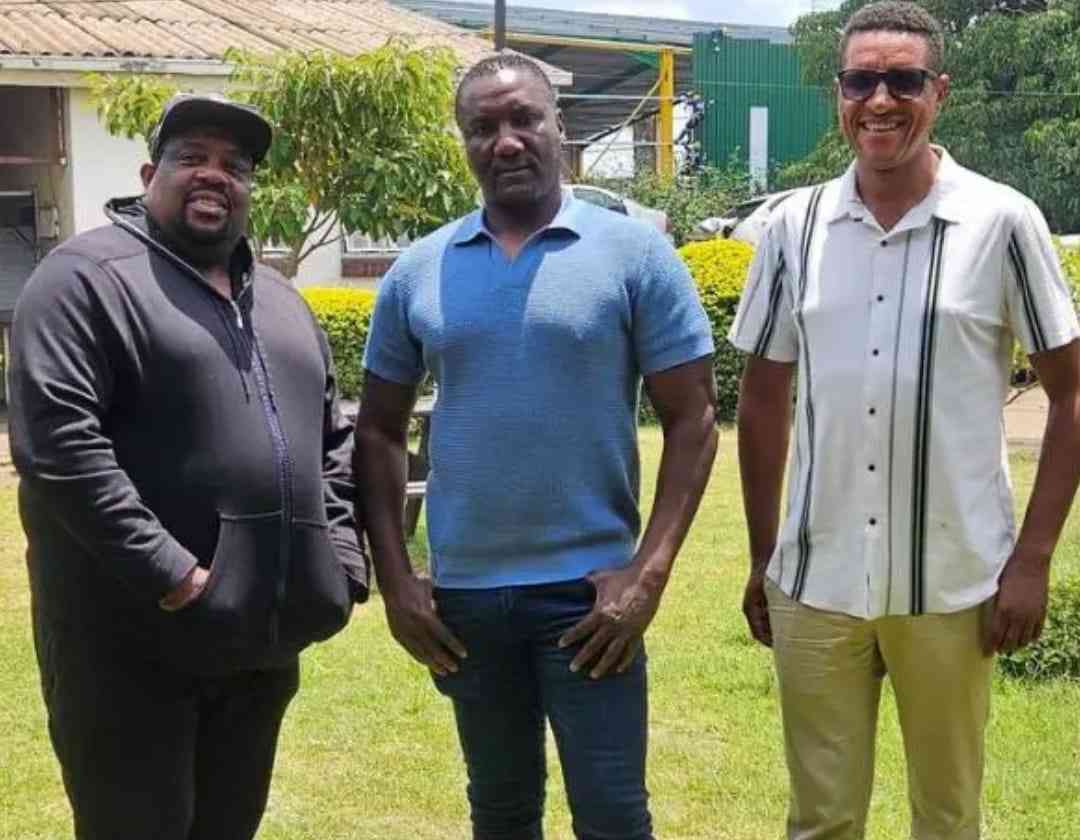
THE Zimbabwe Republic Police (ZRP) is widely perceived as a corrupt, politicised and ineffective organisation, according to a latest ZimRights report.
The report titled: The 2024 - 2025 State of Peace Report: Mobilising Ideas and Actions for Peace in Zimbabwe, noted an erosion of institutional trust and confidence in law enforcement at 17.9%.
The report indicated that law enforcement agencies were weaponised against suspected government critics.
“On the degree of militarisation/ policing, a combined 76% report frequent encounters with law enforcement, while 24% report rare or no contact,” the report read.
“This reflects a divided reality in which policing is either highly visible and persistent or virtually absent.
“For the majority who report frequent encounters, the presence of law enforcement is often concentrated in urban centres, politically sensitive zones, or areas associated with illicit activity.”
According to the report, this visibility of law enforcement agencies in urban areas is not perceived as protective by many.
“Instead, it is frequently associated with politicised deployment, where police presence intensifies around demonstrations, political campaigns, or periods of unrest,” the report read.
- Mavhunga puts DeMbare into Chibuku quarterfinals
- Bulls to charge into Zimbabwe gold stocks
- Ndiraya concerned as goals dry up
- Letters: How solar power is transforming African farms
Keep Reading
“ (About) 55.9% of those surveyed felt that the presence of police or military personnel reduced safety or had no impact.
“This reinforces perceptions of surveillance and intimidation rather than community safety.”
In rural areas, 22.7% reported rare or no contact with law enforcement with respondents saying this absence fosters insecurity and neglect.
“Respondents describe situations where police are unable or unwilling to respond to reported crimes, citing logistical constraints such as a lack of transport,” the report added.
“In this vacuum, communities are forced to rely on informal mechanisms for security, including neighbourhood watches and traditional leadership structures.
“These substitutes, while adaptive, often lack the resources, training, and accountability necessary to ensure consistent protection.
“This dual experience of policing feeds a broader crisis of trust in law enforcement institutions”
The report added: “For those frequently encountering police, the institution is seen as coercive and politically motivated.”











